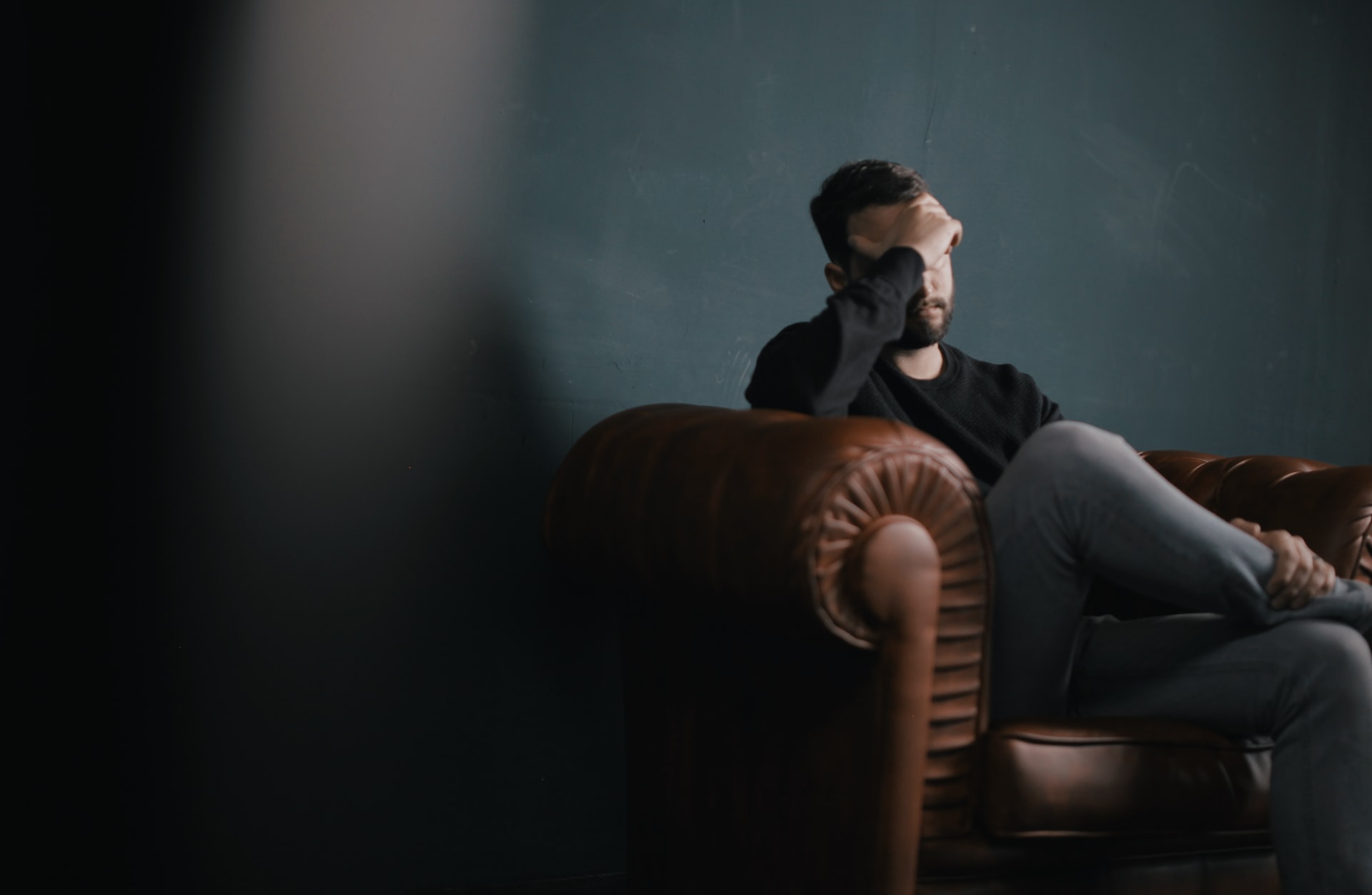Headache, fatigue, forgetfulness. Many young people, like TU Delft student Milou, have health issues months after having had corona. What is it like to study with long Covid?
Fatigue, concentration problems and shortness of breath jump out as the most cited complaints of long Covid. (Photo: Nik Shuliahin / Unsplash)
A quarter, half, one out of three. Studies that try to figure out the percentage of young people who suffer from long Covid come up with very diverse figures. What they do reveal though, is that the numbers are high. Fatigue, concentration problems and shortness of breath jump out as the most cited complaints, reports the RIVM (Netherlands National Institute for Public Health and the Environment). And these complaints can last months, and sometimes even more than a year.
Milou (we are not using her surname) contracted corona at the beginning of August. She is a master’s student at Applied Science. She is now suffering the lingering effects of the illness.
What are your symptoms?
“I get tired really easily, have frequent bad headaches, can hardly concentrate, am oversensitive to stimuli and hear ringing in my ears. Yesterday evening, when I was clearing the table, I nearly blacked out because I was so exhausted. Even the simplest of things are difficult and tiring. If I have a coffee with friends and they tell me something, I sometimes don’t register it at all. I have even more trouble concentrating or studying. At first I got severe headaches after just a half hour at the computer. These symptoms together are sometimes called brain fog.”
Did you have Covid badly?
“No. That’s the odd thing. The corona infection itself just felt like a mild flu. But the after-effects are not mild at all.”
Do you have any problems with your lungs?
“I think it’s good to emphasise that, contrary to what a lot of people think, long Covid does not always affect your lungs. The complaints seems to vary from person to person. I still have problems with shortness of breath, but it’s nothing compared to the exhaustion, headaches and cognitive complaints. These are really what affect my work and studies.”
You are currently working with fellow students on group assignments for your master’s. How is it going?
“It is hard to be in a student team. Everyone is working really hard, but I can’t give my all, no matter how much I want to. I sometimes feel guilty about this, but I now know that it is just the way it is. When I try to do more, it goes wrong. Not long after I came out of quarantine I was determined to work on the project three days in the week and on those days rest in bed for two hours in the afternoon. But this was too ambitious. It was an error of judgement. I could barely stand up at the end of the first day. After that I was in bed for days with a headache. I have now learned to handle the situation better and rest more to avoid getting headaches.”
How do the people around you respond?
“I am getting a lot of support from family and friends. And my project supervisor and academic counsellor are understanding. They say that I should take my time. But some of the other students find it hard to accept. That’s hard sometimes. At the same time, I am seeing that people are becoming more familiar with long Covid. That’s a good thing.”
‘Give yourself the time to rest’
TU Delft’s site on corona and the implications for students contains information about arrangements for students who have problems because of corona. However, long Covid is not mentioned anywhere.
“That’s a shame. You have to put in a lot of effort to find any information at all. I can imagine that long Covid is a huge problem for many students. Certainly for international students who pay far higher tuition fees. They can really get into big problems. And they know fewer people who can help them. And if you spend the whole time in bed, you will spend all your time brooding. This will badly affect your mental health. I think that international students in particular need much more support. I could have used more help too. If an expert had made it clear to me right from the start that a full day of working or studying was too much, it would have saved me a lot of problems.”
Are you worried about your study progress?
“Strictly speaking, I don’t need the credits for the student project that I am working on to graduate. What worries me the most is the uncertainty about my health. I have no idea how long these health problems will last.”
“At the same time, I’m feeling a lot better now, mostly because I am taking the time to rest. So I can start doing more again. So if anyone with these problems is reading this, give yourself the time to rest. Your body really needs it. And, if you can, try to put some time aside for social activities as your mental health is so important now.
“I recommend this website to everyone: coronaplein.nu (in Dutch). You can read other people’s experiences and find information about long Covid. This is where I learned what ‘brain fog’ is, for example. This has helped me anticipate some small symptoms and I can now usually avoid having that really bad headache.”
More information:
- Website TU Delft
- Coronaplein.nu
- Netherlands National Institute for Public Health and the Environment: RIVM
Do you have a question or comment about this article?
tomas.vandijk@tudelft.nl


Comments are closed.